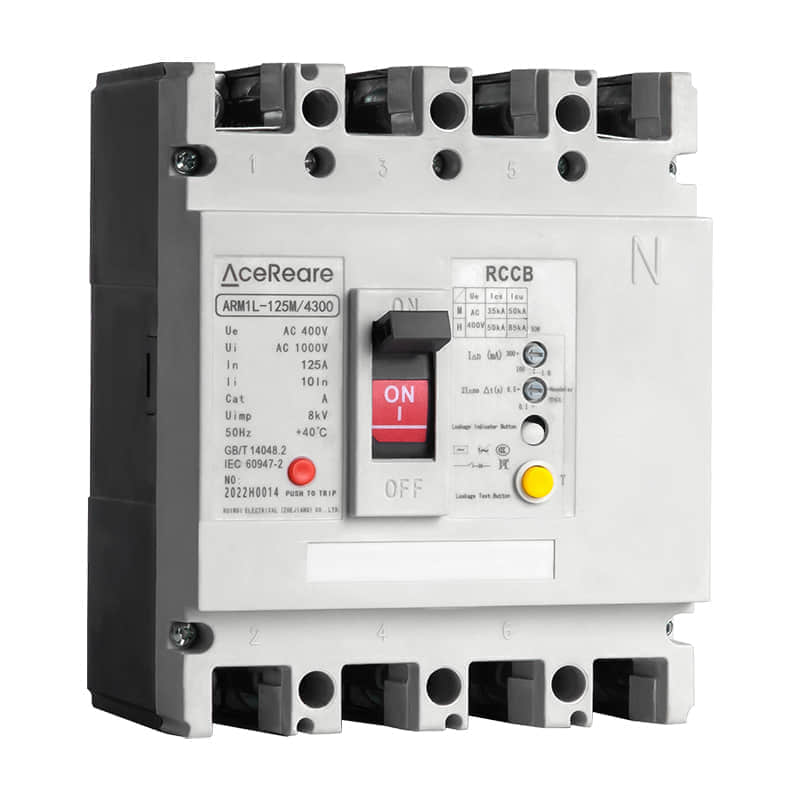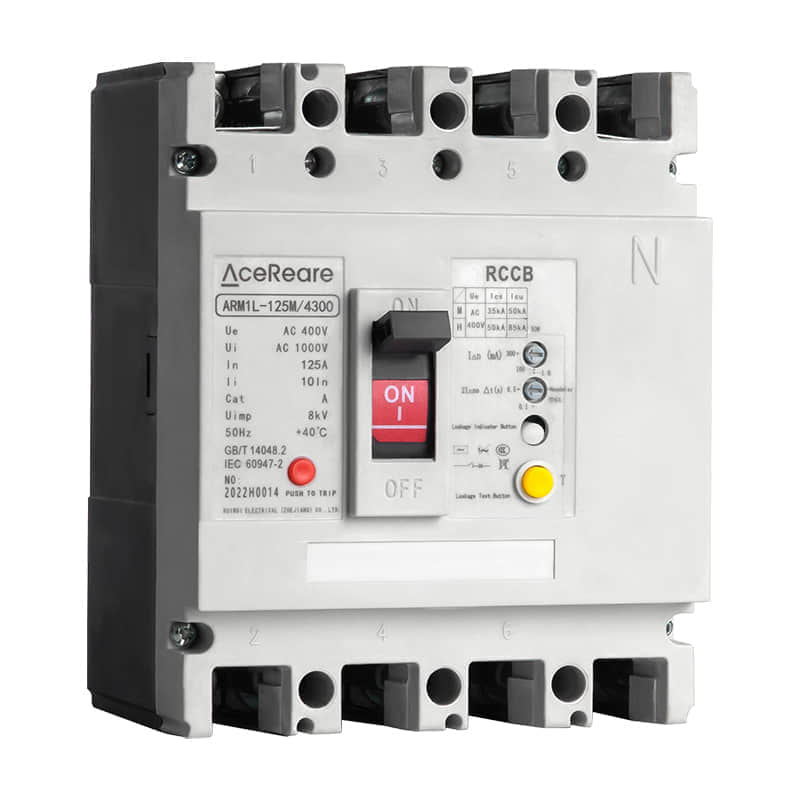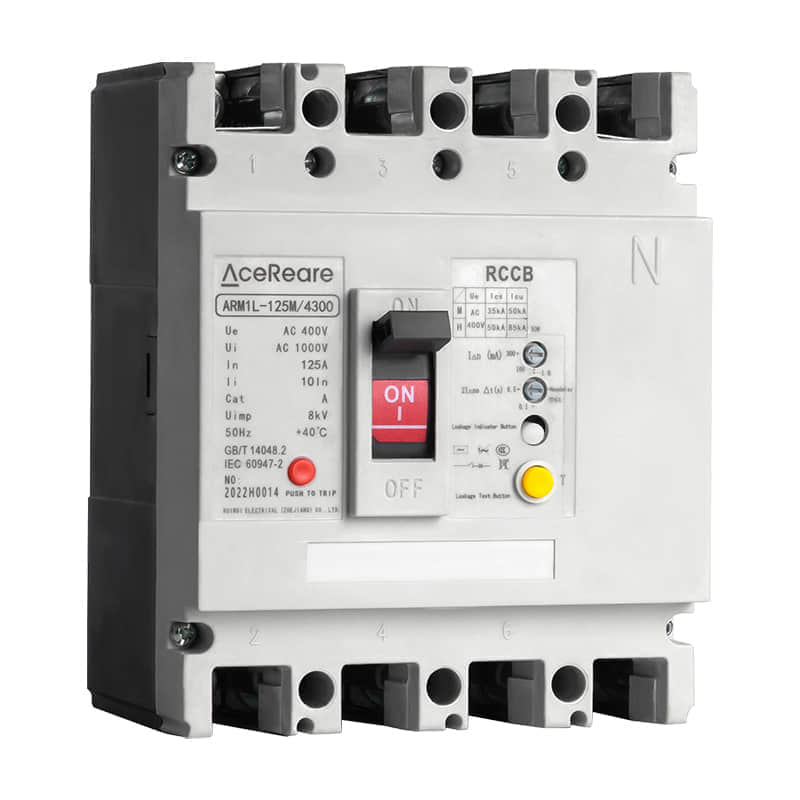In modern society, electricity has become an indispensable part of our lives. It powers our homes, workplaces, and industries, driving the wheels of progress. However, with great power comes great responsibility, particularly in terms of electrical safety. One remarkable innovation in the field of electrical distribution is the Molded Case Circuit Breaker (MCCB) with Residual Leakage Protection. This advancement not only ensures effective circuit protection but also greatly enhances safety by mitigating the risks of electrical hazards.

MCCBs have long been employed as essential components in electrical systems, safeguarding them against overloads and short circuits. These devices automatically interrupt the flow of electricity when anomalies are detected, preventing potential damage to equipment and reducing the risk of electrical fires. With the incorporation of residual leakage protection, MCCBs are now equipped to address an even broader spectrum of safety concerns.

Residual leakage, often referred to as ground fault or residual current, occurs when a small amount of current deviates from its intended path and flows through unintended routes, such as the human body. This scenario poses a grave threat, as it can lead to electric shocks or even prove fatal. The traditional MCCBs, while effective against overcurrent situations, were not designed to detect these low-level leakages. This is where the MCCBs with residual leakage protection come to the fore. The mechanism of MCCBs with residual leakage protection involves a highly sensitive current-sensing device. It constantly monitors the balance between the current entering the circuit and the current returning from it. Even a minute imbalance, as little as a few milliamperes, triggers the MCCB to instantaneously disconnect the circuit. This swift response significantly reduces the risk of electric shock, offering a level of protection that was previously unattainable with standard MCCBs. The integration of this technology has far-reaching implications. In residential settings, where the general public, including children, is often exposed to electrical outlets, MCCBs with residual leakage protection act as an additional line of defense against potential accidents. In industrial environments, where heavy machinery and high-power equipment are prevalent, the risk of electrical faults is heightened. Here, the enhanced protection offered by these MCCBs not only ensures the safety of personnel but also minimizes costly downtime due to equipment damage. Furthermore, the interconnected nature of modern electrical systems amplifies the significance of MCCBs with residual leakage protection. A fault in one part of the system can swiftly propagate, affecting other interconnected circuits. By promptly isolating faulty circuits, these MCCBs prevent widespread disruptions and protect critical infrastructure. In conclusion, the Molded Case Circuit Breaker with Residual Leakage Protection represents a pivotal advancement in electrical safety technology. Its ability to swiftly and accurately detect even the slightest ground faults, combined with its capacity to instantaneously disconnect the circuit, makes it an invaluable addition to any electrical system. From homes to industries, the adoption of these MCCBs ushers in a new era of enhanced electrical safety. As technology continues to evolve, it is innovations like these that illuminate the path forward, ensuring that progress is accompanied by the utmost safety standards.
